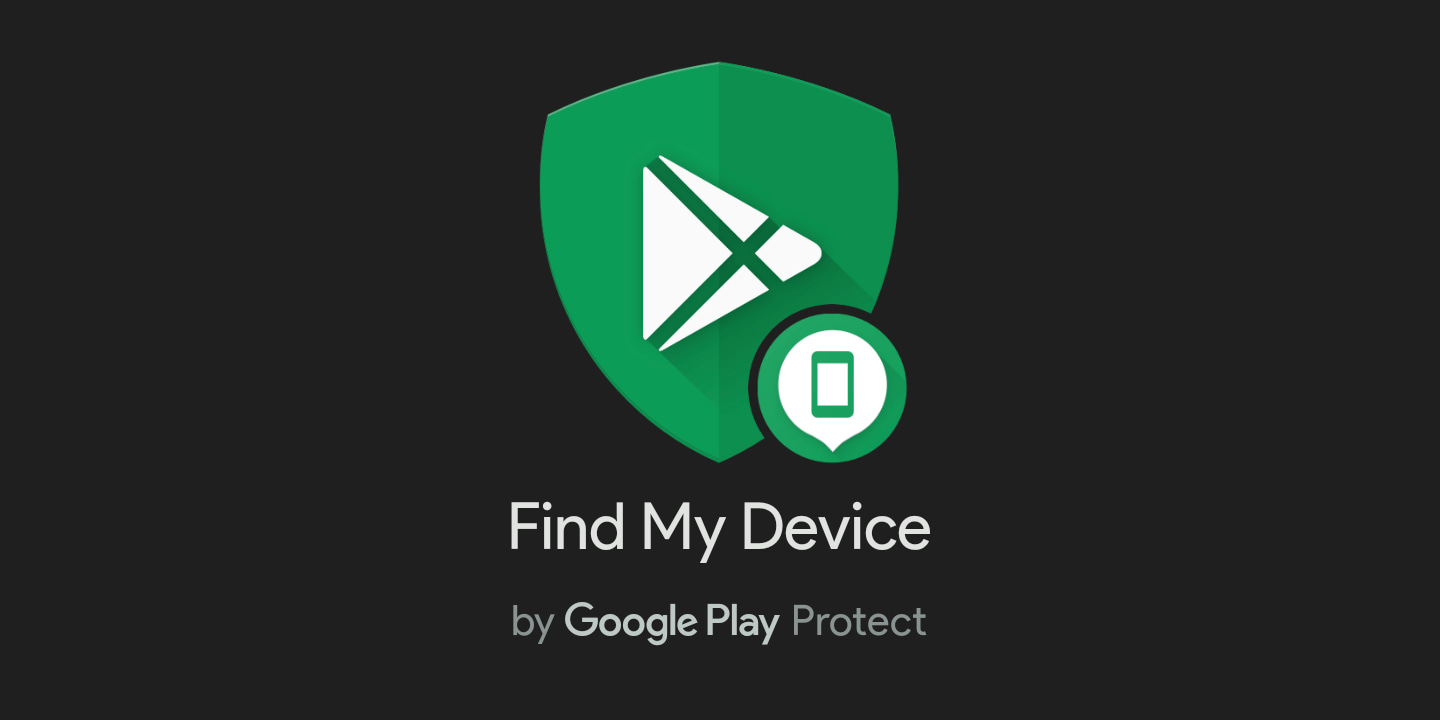
With the debut of Google’s Finder Network seemingly growing closer and closer, 9to5Google has learned that Android phones should gain support for a few existing Bluetooth trackers.
This week, Apple and Google announced a partnership to develop an industry standard for alerting people to unwanted locator tags. The effort should help significantly reduce the risk of stalking by way of AirTags and other Bluetooth trackers.
On one hand, it makes sense for Apple and Google to both be involved with this project, being the developers of the two leading mobile operating systems, iOS and Android. On the other hand, while Apple has an extensive ecosystem for locating gadgets, between its own AirTags and support for third-party options, Google distinctly does not.
We’ve been tracking the development of the “Finder Network” – Google’s long overdue equivalent to Apple’s Find My ecosystem – for almost two years now. Like Apple’s iteration, the Finder Network expands on simply finding lost phones to enable locating Bluetooth tags and devices that have built-in locator support.
It’s also believed that the Finder Network will be able to use the Ultra Wideband (UWB) connectivity – found in devices like the Pixel 7 Pro, Pixel Tablet, Galaxy S23 Ultra, and more – to more precisely locate a missing phone or tracker. However, up to this point, UWB in Pixel phones has only been used for more mundane purposes like serving as a digital car key.
Previously, it was reported that Google was working on its own Bluetooth tracker tag, codenamed “Grogu.” At this point, little is known about this official tracker other than that it’s part of the Nest ecosystem rather than any kind of “Pixel Tag.”
Unsurprisingly, Android’s Finder Network should support far more than just Google’s own locator. According to documentation viewed by 9to5Google, at least three companies began working to make their tags compatible with the Finder Network.
Specifically, tags from Pebblebee, eufy, and Chipolo are set to be supported by Android. Today, trackers from all of these companies are able to seamlessly integrate with Apple’s Find My, while Android owners need to use a dedicated app to locate the gadgets. Presumably, the Finder Network will enable these to work without needing a companion app.
Notably, there’s no evidence of two of the most prominent tracker makers, Samsung and Tile, but it’s possible these may still be part of the Finder Network. It’s also no surprise to see that Apple’s AirTags will not be supported. Despite the lack of compatibility, Android’s upcoming alerts should still notify you if any unsupported trackers are on your person.
Dylan Roussel contributed to this article.
FTC: We use income earning auto affiliate links. More.


Comments